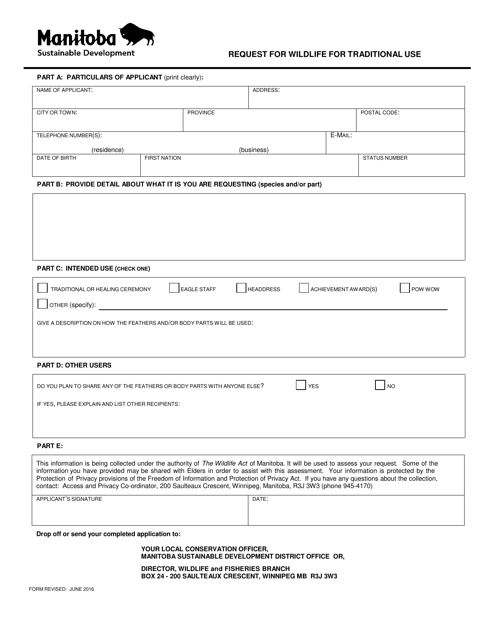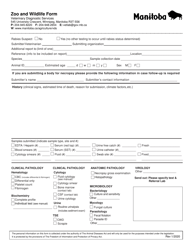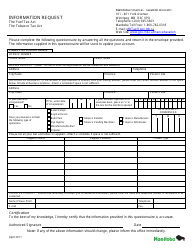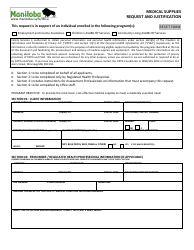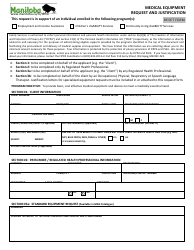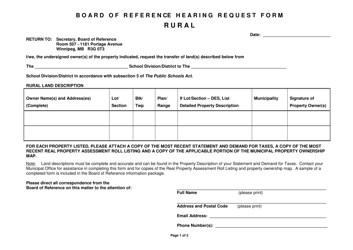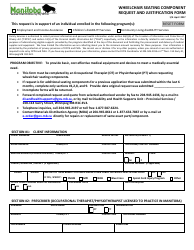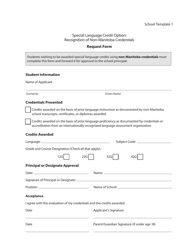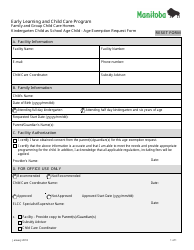Request for Wildlife for Traditional Use - Manitoba, Canada
The Request for Wildlife for Traditional Use in Manitoba, Canada allows Indigenous communities to request specific wildlife for traditional purposes such as hunting, fishing, trapping, and gathering.
The request for wildlife for traditional use in Manitoba, Canada is typically filed by Indigenous communities or individuals who have treaty rights or traditional harvesting rights.
FAQ
Q: What is a Request for Wildlife for Traditional Use?
A: A Request for Wildlife for Traditional Use is a process in Manitoba, Canada, that allows Indigenous communities to request the use of wildlife resources for traditional purposes.
Q: Who can submit a Request for Wildlife for Traditional Use?
A: Indigenous communities in Manitoba, Canada, can submit a Request for Wildlife for Traditional Use.
Q: What is the purpose of a Request for Wildlife for Traditional Use?
A: The purpose of a Request for Wildlife for Traditional Use is to allow Indigenous communities to access and use wildlife resources for cultural and subsistence purposes.
Q: How does the Request for Wildlife for Traditional Use process work?
A: The process involves the submission of a request by an Indigenous community, which is then reviewed by government officials to determine if the request aligns with conservation objectives and other considerations.
Q: What kind of wildlife resources can be requested?
A: Indigenous communities can request the use of various wildlife resources, including animals, fish, and other natural elements for traditional purposes.
Q: What are some examples of traditional uses of wildlife?
A: Traditional uses of wildlife include food, clothing, tools, ceremonial and cultural practices, and medicines.
Q: Are there any restrictions on the use of wildlife resources?
A: Yes, there are regulations and restrictions in place to ensure the sustainable management of wildlife resources and to protect species at risk.
Q: Can non-Indigenous individuals or organizations submit a Request for Wildlife for Traditional Use?
A: No, the Request for Wildlife for Traditional Use is specifically for Indigenous communities.
Q: What is the importance of the Request for Wildlife for Traditional Use?
A: The Request for Wildlife for Traditional Use recognizes and respects the rights and cultural practices of Indigenous communities while ensuring the sustainable management of wildlife resources.
